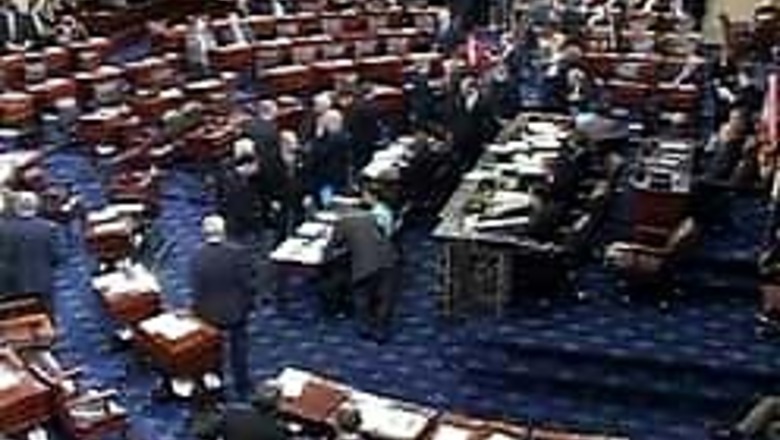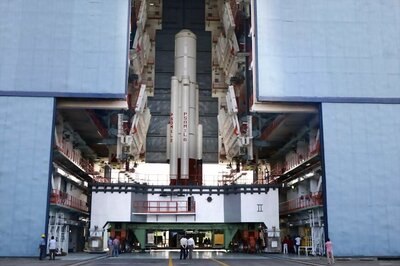
138
views
views
The deal has ended a three-decade ban on nuclear trade with India.
New Delhi: The US Congress approved a landmark deal on Thursday ending a three-decade ban on nuclear trade with India, unleashing billions of dollars of investment and drawing the world's second most populous country closer to the West.
These are key business and economic implications of the deal:
- The agreement could open up around $27 billion in investments in 18-20 nuclear plants over the next 15 years, according to the Confederation of Indian Industry.
- By 2030, the overall economic benefits that will accrue to India's economy as a result of nuclear trade could touch $500 billion, says Imagindia Institute, an Indian lobby group.
- The deal is expected to double nuclear power's share in India's electricity supply to five to seven per cent in the next two decades.
- With nuclear fuel in short supply, India's nuclear power plants are running at 55 per cent of their capacity of about 4,000 megawatts.
- India's electricity supply, about 15 per cent short of demand in peak hours, will get a boost after the deal, but any new nuclear power plant may take a decade to be completed, leaving the country dependent of coal and liquid fuels.
- Indian media say the country's monopoly Nuclear Power Corp has tentatively picked four suppliers, including US-based Westinghouse Electric and France's Areva, for planned new projects. Westinghouse is a unit of Toshiba Corp. Areva said on Monday that it hoped to sign a contract with Indian authorities to deliver two advanced EPR reactors.
- India is also reported to be negotiating with General Electric, Hitachi and Russia's atomic energy agency Rosatom.
- Russia is already building two 1,000 megawatt reactors at Kudankulam in the southern Indian state of Tamil Nadu as part of a deal signed in 1988. Indian officials say the two countries will begin discussions on a multi-billion dollar agreement to build four more nuclear reactors in Kudankulam which has been delayed because of international restrictions against New Delhi. Russian nuclear reactors cost up to $2 billion each but India could expect to get a hefty discount on such a major deal, as Russia competes with the United States for influence in India.



















Comments
0 comment